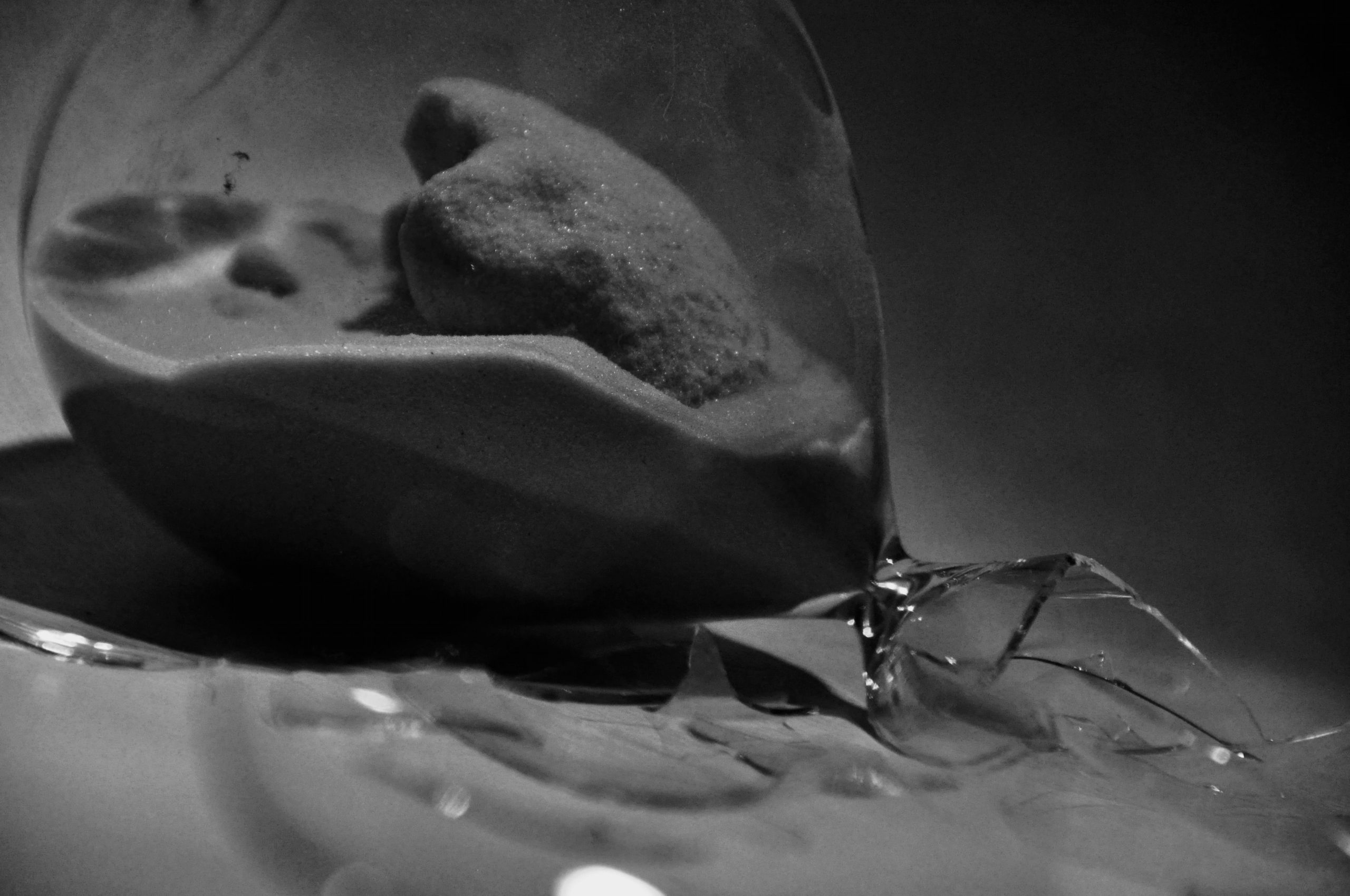Energy is our most precious resource, yet we lose it in countless ways — through distractions, negative patterns, and unconscious choices. In a world where time feels fleeting and external forces profit from our disengagement, reclaiming our power begins with awareness. And one of the most subtle yet pervasive drains on that energy is the habit of complaining.
. . .
In this linear world, we lose, give away, or have our energy stolen in countless ways — energetically, psychically, physically, and temporally. Each day, we consciously choose how to spend our limited moments, minutes, hours, and years, exploring life and allowing it to unfold. Yet, when we live unconsciously, disconnected from the present, time slips through our fingers. Meanwhile, those who are aware and pulling the strings profit from our squandered talents and unrealized potential.
One of the most subtle and insidious ways we waste energy is through complaining. While it’s easy to find endless things to gripe about, most complaints are superficial distractions or manufactured grievances. Internalizing them — whining, railing against circumstances, or blaming others — poisons the spirit and siphons away resources that could be better spent elsewhere.
Look around. You’ll see it in your own reflection, in the routines of unfulfilled friends and family, and in the weary faces of strangers. It’s palpable in classrooms and boardrooms, woven into tired societal narratives, and evident in the processed food we consume. Complaining has become so habitual, so normalized, that it shapes our physical and mental states to accommodate it.
When we give in to this habit, we trap ourselves in limiting perceptions that keep us stuck. These perceptions might align with momentary frustrations, but they rarely lead to a fulfilling or meaningful life. Instead, we adapt to merely coping, tolerating, or enduring — all while suppressing our discontent until it inevitably reaches a boiling point.
But we shouldn’t let it go that far. Our mental health, our wellbeing, and our potential for a fulfilling life are too valuable to sacrifice. True change begins in the present moment. It starts with becoming aware: listening to your inner voice, observing the inner critic, and resisting the external impulses to judge, blame, or react. Whether it’s snapping at a tailgating driver or railing against the corporatocracy that owns and operates the world, pause and ask yourself: Is this the story I want to live?
Get real. Be honest. Tap into the original source within you. Remember who you are and what truly matters. These stories — these constructs of frustration and blame — might feel as tangible as a stubbed toe or a rolled ankle in the moment, but in the grand scheme, they are fleeting distractions.
Redirect your energy into what uplifts and empowers you. Invest in your courage and creativity, and follow the impulses of your soul. Choose the evolving, expansive paradigms that call you to live a life of possibility, passion, and purpose.
It’s your story. So, what will be your legacy?
Love your life
. . .
“Bring It All Back (The Ones)” from The Reluctant Pilgrim, Part I
Written by Trance Blackman. Originally published on tranceblackman.com on 24 May 2016. Revised 26 December 2024.
